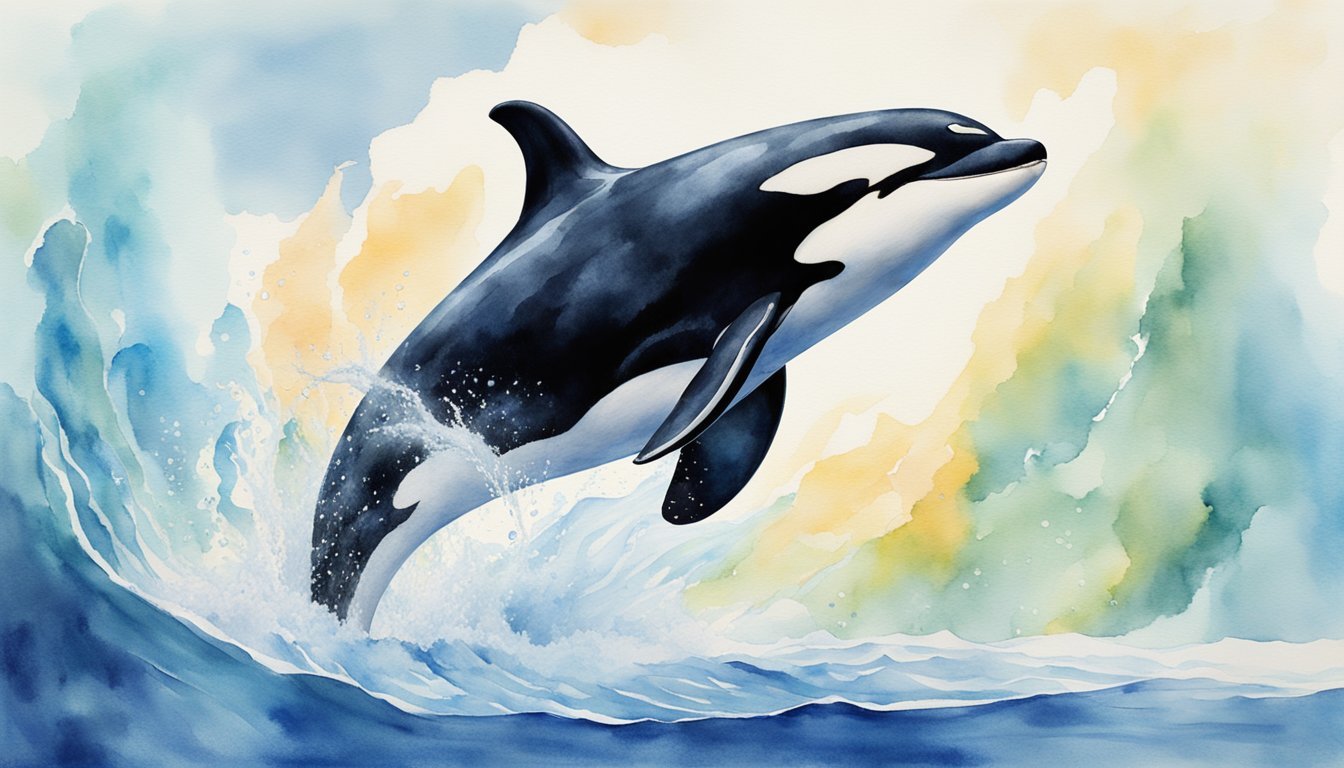Understanding ‘Blackfish’ and Its Impact on SeaWorld

Released in 2013, ‘Blackfish’ is a documentary that powerfully reshaped the conversation around marine life in captivity, focusing on the predicament of Tilikum, an orca at SeaWorld.
Origins of Blackfish and Key Figures
‘Blackfish’ was directed by Gabriela Cowperthwaite and centers on the story of Tilikum, an orca involved in the deaths of three individuals, including trainer Dawn Brancheau and two other individuals, one being Keltie Byrne. Cowperthwaite was compelled to investigate the circumstances leading to these incidents after Brancheau’s death in 2010. The documentary consists of gripping interviews with former SeaWorld trainers and marine mammal experts, painting a grim picture of life for orcas in captivity.
The Influence of Blackfish on Public Perception
Following its release, ‘Blackfish’ spurred a significant shift in public perception of marine parks, particularly SeaWorld. It sparked discussions on social media and among the general public about the ethics of keeping such large, intelligent animals in confinement for entertainment. The film’s distribution and discussions in various social platforms contributed to a notable decrease in SeaWorld’s attendance and a fall in its stock price, indicating that public opinion had swayed against practices that were once considered acceptable.
The Plight of Orcas in Captivity
The debate around orca captivity at marine parks such as SeaWorld has intensified, particularly concerning the ethical treatment of these highly intelligent marine mammals and the safety of their human trainers.
Ethics and Well-being of Orcas in Confinement
Orcas, or killer whales, are apex predators known for their complex social structures and wide-ranging behaviors in the wild. Confined to tanks significantly smaller than their natural ocean territories, these animals can exhibit signs of psychological distress. Captive orcas may display abnormal behaviors, such as aggression toward other orcas or even human trainers. Furthermore, separation from their families and the cessation of natural behaviors, like hunting, contributes to the debate on the ethics of keeping such sentient beings in captivity. The documentary “Blackfish” highlighted the change in public perception regarding SeaWorld’s treatment of its iconic orcas and raised questions about orca mental health in confinement.
Repercussions for Orcas and Human Trainers
Captive orcas have been involved in several attacks on trainers. These incidents have raised concerns about animals’ frustration and the inherent risks to humans who interact closely with them. The story of Tilikum, an orca associated with multiple human fatalities, exemplifies the potential dangers. Trainers at SeaWorld and other marine parks have been subject to strict safety measures and procedural changes post these incidents. While some parks, including SeaWorld, have made efforts to cease orca breeding programs and pledged improvements in veterinary care, controversies around live captures and the lack of a viable rehabilitation process into the wild persist. The heart of the issue reflects a broader conflict between entertainment and animal welfare.

